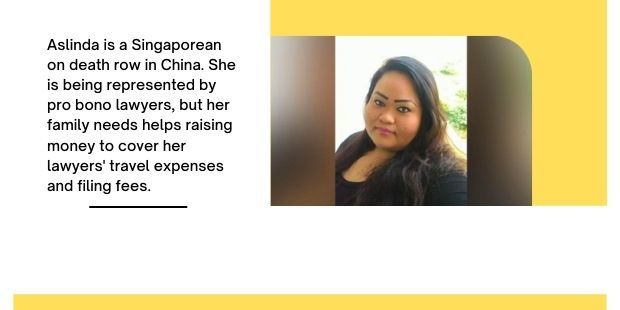In last week’s round-up, I asked you what you think of the salaries that mayors get. Over 200 of you responded:

Why the mata-mata so free
Firstly: welcome back among us, Jolovan!
This week, we’ve had to ask ourselves once again why the Singapore Police Force appears to have time on their hands for some truly farcical investigations.
The police are actually investigating PAP MP Louis Ng under the Public Order Act because he held up signs rallying public support for hawkers. I know that some Singaporeans had asked if there were double standards because Jolovan was charged for his smiley face placard when Louis didn’t get into any trouble — but the point wasn’t to demand that the cops double down on this stupidity!
This past week, the police called PJ Thum, managing director of New Naratif, down for questioning again. They last interrogated him about five months ago, as part of an investigation into alleged breaches of election advertising laws.
Didn’t home affairs minister K Shanmugam say, during the uproar about the mess that was the Parti Liyani case, that the police are “very stretched” and should not be stretched further? How come got time to do this kind of thing?
I hope the investigation into Louis Ng will draw more people’s attention to how ludicrously broad the Public Order Act is, and how it infringes upon Singaporeans’ right to freedom of assembly.
Here we go again with foreign interference
We got a reprieve from talk about laws against foreign interference last year, as Covid-19 and elections overtook this fixation, but now it’s back. Second Minister for Home Affairs Josephine Teo said that the government is “fine-tuning” draft laws to deal with hostile information campaigns and guard against foreign meddling.
This part of the Straits Times’ report piqued my interest:
“Mrs Teo said proposed laws will also have to guard against foreign subversion of politically significant individuals and entities here, for instance, by considering what levels of transparency in funding, support and leadership will be needed, and from whom.”
Transparency is good, but how will the law define who is or isn’t a “politically significant” individual or entity? Who gets to decide? Who will this end up affecting? Could this be used to justify fishing expeditions into civil society organisations or pro-democracy groups?
This is a perfect time to read (or re-read) this piece on measures to deal with foreign interference. Also check out this Twitter thread:
Losing the Substation
Unless Singaporeans can force the National Arts Council to change its mind, it looks like we’re going to have to say goodbye to the Substation for good. The NAC has said that they’re “disappointed” with the decision, arguing that the Substation was increasingly unsustainable financially. The Substation has responded, and I’d like to excerpt this bit:
“…the Substation is an arts centre. The essence of an arts centre is autonomy of physical spaces such as a theatre and gallery for artists to make their art and interact. Once the Substation vacates 45 Armenian Street, taking into account the financial support offered by NAC, and on the assumption we are unable to raise substantial private funding, we would have to reduce staff by more than half, and our programming budget and bandwidth would have to be drastically reduced. We believe that this would severely impact the Substation’s mission to nurture younger artists. The consequence of this is not merely a tweaking of the Substation’s vision, but a drastic divergence from its original mission. In other words, the Substation will no longer be the Substation as we know it.”
A fundraiser for Aslinda

Aslinda is a 35-year-old Singaporean who is on death row in China for drug offences. She’s currently awaiting an appeal before the Guangdong High Court. Human rights lawyer M Ravi is her pro bono lawyer in Singapore; after he spoke to CNN about her case, lawyers in China and Hong Kong came forward to represent her pro bono as well. But while the lawyers might not be charging fees, there are still costs that need to be covered, such as travel expenses for the lawyers, as well as filing fees.
Aslinda’s family can’t raise the money, so I’ve started a crowdfunding campaign here. At the time of writing (Friday night), we’ve raised S$3,620 of the S$8,600 that’s needed. If you can donate to support Aslinda’s access to justice, so that the lawyers can muster the best defence possible for her appeal, please head over to this page. And share it widely!
Singapore’s infected dorms
Over the past year, I was part of a team that worked on a documentary following the story of migrant workers in Singapore during the pandemic and the lockdown of the dormitories. You can watch it here:

